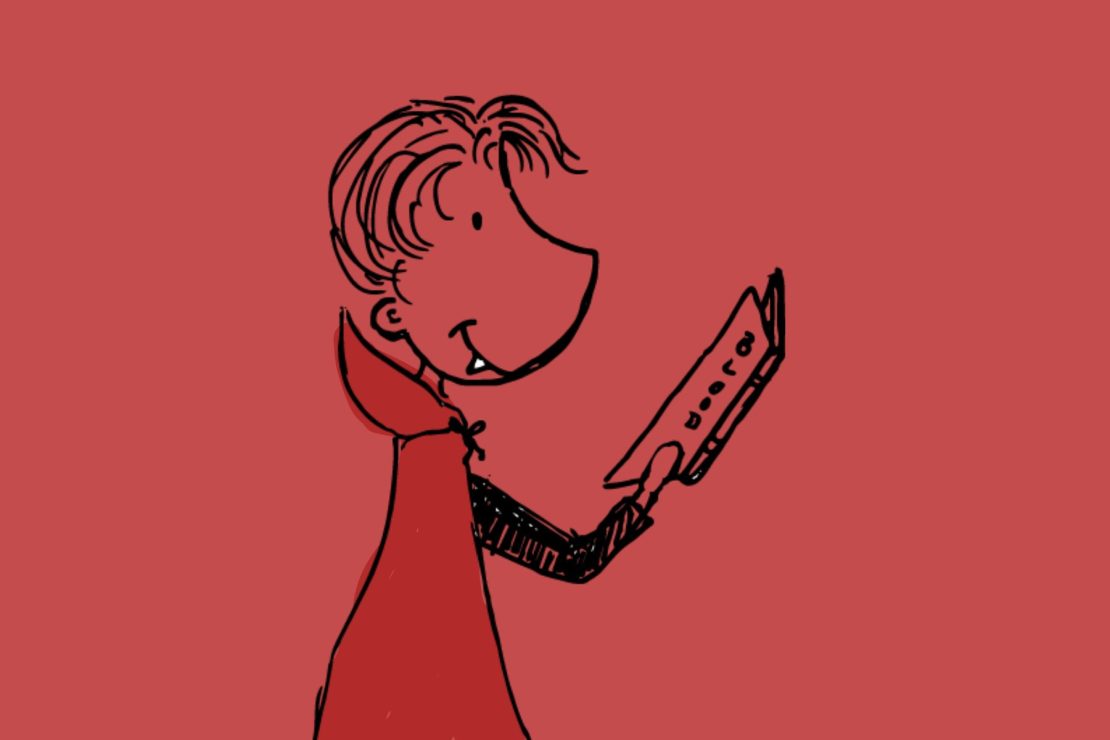Programs without elective space leave niche classes at risk — and students disengaged

Illustration by Sage Blackwell.
As the second semester approaches, it’s time for students to get their new schedules in order. But with timetables that are full of required courses, students often don’t have much wiggle room to choose electives that interest them, leaving next semester’s course lineup looking bleak. With no one to take out-of-area electives, is the longevity of niche classes at UVic at risk?
Second-year UVic biology student, Chloe, says, “I took a couple electives in first year because I had two classes I could use as electives, and those ones were the ones that I really liked. But this year I don’t have [room for] any.”
It seems to many students that each year as undergraduate programs — especially STEM programs — progress, the opportunities to take electives become slimmer. This allows students to become fully involved with their major, but at the cost of a versatile education.
Dr. Peter Dereveaux, a history professor who teaches classes like Death and Afterlife in England and Homicide in Modern Britain, confirms that this is an issue.
“Some people, I think, still have breadth requirements, although most programs seem to have done away with those in an effort to prop up their own enrollments,” said Devereaux.
The absence of breadth requirements is affecting specialized classes offered at UVic, and making the possibility of versatile education in students nearly impossible. Understandably, programs require lots of time spent on the major field of study, but it is limiting for students to only thoroughly explore one specific branch of education for their whole university careers.
Many students don’t take niche electives due to scheduling conflicts, but reservations about being “practical” with course selections are another recurring theme. A rising cost of living and fraught job market may contribute to pressures surrounding using time at university to gain “useful” academic knowledge.
“Students are under social and economic pressures that were unknown to people like me who did their undergrad in the late 1980s…. Almost every student I’ve known has to have some sort of job while they’re going through [school now],” said Devereaux.
“I just think it’s good for human beings to maintain an interest outside the main line of their intellectual development. We do live in an era of specialization … but I think one is always a little bit better [and] a little bit more flexible if you are able to range a little bit outside of that,” he added.
As many students have been unable to explore outside of their degree, certain facilities have been feeling the pressure of this “practical” push.
“Those of us in the history department are always very keen on [taking history electives]. We have this idea like, ‘Why wouldn’t people be interested in history?’ and we’ve been really alarmed about how some programs in the university have ended the requirement that students take some history classes,” Dereveaux said.
This issue of engagement is a problem, but there is hope. Now-retired UVic professor Dr. Peter Gölz taught an exceptionally popular niche class — A Cultural History of Vampires in Literature and Film. The course had over 300 students at its peak, and glowing reviews of Dr. Gölz’ passion for teaching made it a desired elective.
“I think it’s great that the profs share what they really like, but they also give students the opportunity to take a look at stuff that is not [required] like ‘Bio Entry 101’ or whatever they have to take,” said Dr. Gölz.






